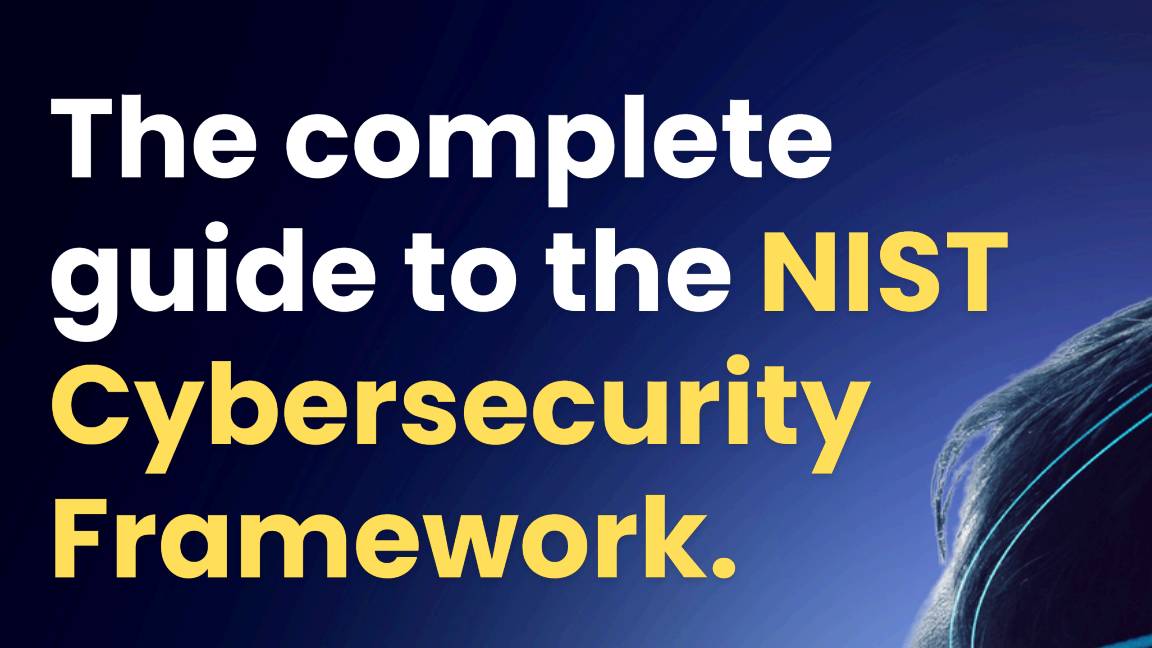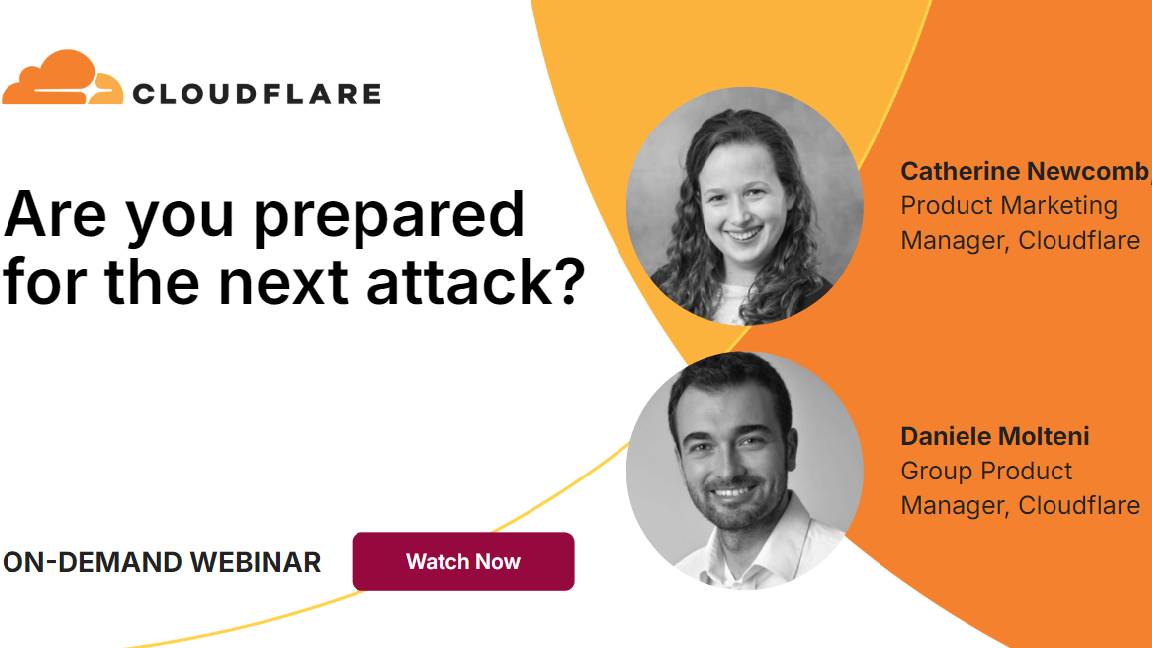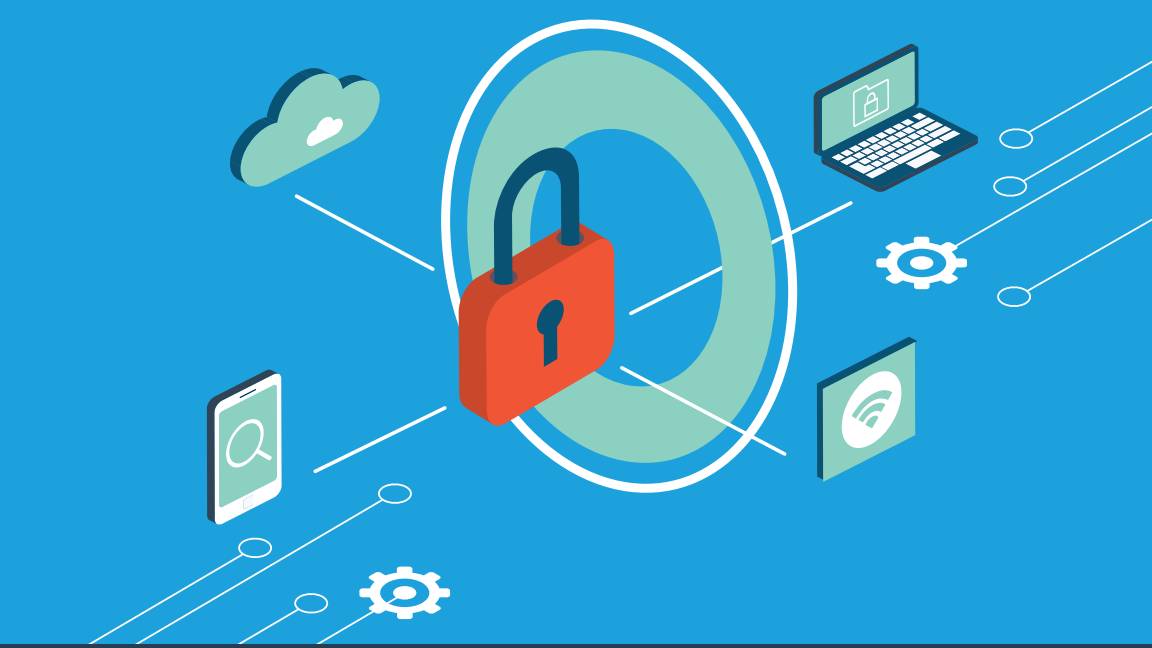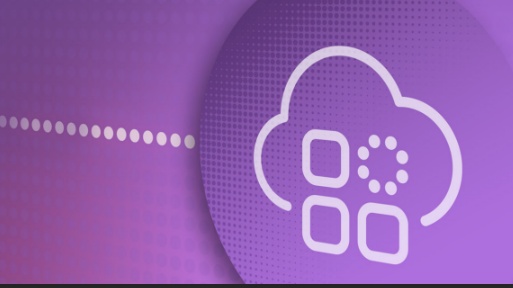Most CEOs steal IP from previous employers
Emotionally-driven decisions put companies at risk, finds security report


Intellectual property (IP) is the most precious asset in a company, according to CEOs, with most of them admitting they take it with them when they leave a company.
Although company rules may state the complete reverse, 79% of CEOs believe their work and ideas belongs to them, with 72% admitting to taking IP with them from previous employers upon joining a new organisation, according to software company Code42's 2018 Data Exposure Report.
The main factors behind CEOs' sense of personal ownership over their work include a belief that their time, not the company's, goes into the end product - with 59% agreeing as much. Just under half feel they "impart a bit of myself" into ideas, while 39% say personal ownership matters because they spend time generating them. Otherwise, 18% don't believe a company can outright own ideas, while 8% suggest nobody can "own" work - something clearly contravened by IP and copyright law.
Cases like former Google engineer Anthony Levandowski allegedly stealing 14,000 documents comprising the firm's self-driving car project are not that unusual, the survey suggested.
"Human emotions and behaviour play a bigger role in data exposure than organisations realise," Code42's report read. "Even the strongest security policies can't stop people from making mistakes or poor choices that create vulnerabilities."
Surveying 1,634 senior company employees in the UK, US and Germany, including 600 CEOs as well as security and IT leaders, CSOs, CTOs, CISOs and CIOs, Code42 found that emotionally-driven decisionsat the highest level pose to a company's overall security.
"For years, organisations have spent billions on strategies to prevent data losses and breaches. Those strategies alone no longer work, and companies know it," the report said.
Sign up today and you will receive a free copy of our Future Focus 2025 report - the leading guidance on AI, cybersecurity and other IT challenges as per 700+ senior executives
"In an increasingly complex digital landscape, breaches are happening, and prevention-only strategies are no longer effective to keep data safe. Breaches will happen, even when you have a strong prevention strategy."
While 77% of business leaders are fully aware that downloading software without knowing whether it is approved by corporate IT poses a big security risk to their organisation, 41% do it anyway.
In a similar vein, a majority of senior staff in organisations are keeping copies of their work on a personal device, or outside of official company storage, even though they are fully aware this practice may also pose a risk.
For instance, 93% of CEOs have admitted to keeping copies of their work beyond the remit of their company's security network - on a personal device or on personal cloud storage for example - despite 68% agreeing there is a risk to the company in doing so.
One glaring example of business leaders' "disconnect from reality", according to the report, lies in IT visibility - with 82% believing IT can protect information it cannot see, almost entirely contradicting the views of CISOs, 80% of whom agree "you cannot protect what you cannot see".
"It's clear that even the best-intentioned data security policies are no match for human nature," said Code42's chief information security officer, Jadee Hanson.
"Understanding how emotional forces drive risky behaviour is a step in the right direction, as is recognising 'disconnects' within the organisation that create data security vulnerabilities. In a threat landscape that is getting increasingly complex, prevention-only strategies are no longer enough."

Keumars Afifi-Sabet is a writer and editor that specialises in public sector, cyber security, and cloud computing. He first joined ITPro as a staff writer in April 2018 and eventually became its Features Editor. Although a regular contributor to other tech sites in the past, these days you will find Keumars on LiveScience, where he runs its Technology section.
-
 OpenAI's 'Skills in Codex' service aims to supercharge agent efficiency for developers
OpenAI's 'Skills in Codex' service aims to supercharge agent efficiency for developersNews The Skills in Codex service will provide users with a package of handy instructions and scripts to tweak and fine-tune agents for specific tasks.
-
 Cloud infrastructure spending hit $102.6 billion in Q3 2025
Cloud infrastructure spending hit $102.6 billion in Q3 2025News Hyperscalers are increasingly offering platform-level capabilities that support multi-model deployment and the reliable operation of AI agents
-
 ‘The worst thing an employee could do’: Workers are covering up cyber attacks for fear of reprisal – here’s why that’s a huge problem
‘The worst thing an employee could do’: Workers are covering up cyber attacks for fear of reprisal – here’s why that’s a huge problemNews More than one-third of office workers say they wouldn’t tell their cybersecurity team if they thought they had been the victim of a cyber attack.
-
 "Thinly spread": Questions raised over UK government’s latest cyber funding scheme
"Thinly spread": Questions raised over UK government’s latest cyber funding schemeThe funding will go towards bolstering cyber skills, though some industry experts have questioned the size of the price tag
-
 Modern enterprise cybersecurity
Modern enterprise cybersecuritywhitepaper Cultivating resilience with reduced detection and response times
-
 IDC InfoBrief: How CIOs can achieve the promised benefits of sustainability
IDC InfoBrief: How CIOs can achieve the promised benefits of sustainabilitywhitepaper CIOs are facing two conflicting strategic imperatives
-
 The complete guide to the NIST cybersecurity framework
The complete guide to the NIST cybersecurity frameworkWhitepaper Find out how the NIST Cybersecurity framework is evolving
-
 Are you prepared for the next attack? The state of application security in 2024
Are you prepared for the next attack? The state of application security in 2024Webinar Aligning to NIS2 cybersecurity risk-management obligations in the EU
-
 The economics of penetration testing for web application security
The economics of penetration testing for web application securitywhitepaper Get the most value from your security solution
-
 How to extend zero trust to your cloud workloads
How to extend zero trust to your cloud workloadsWhitepaper Implement zero trust-based security across your entire ecosystem